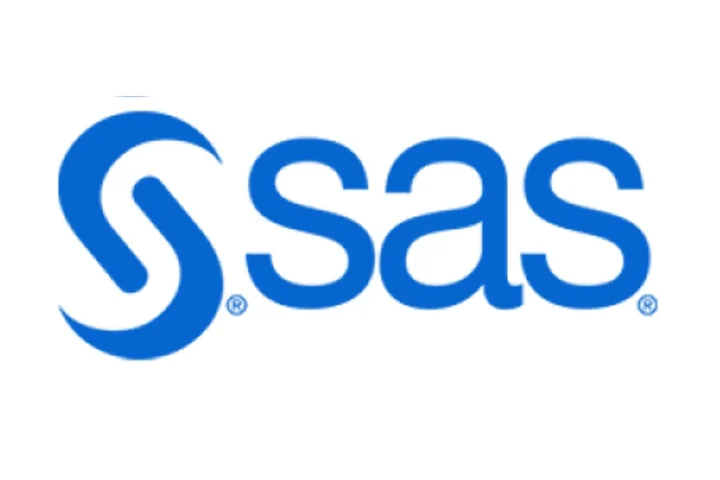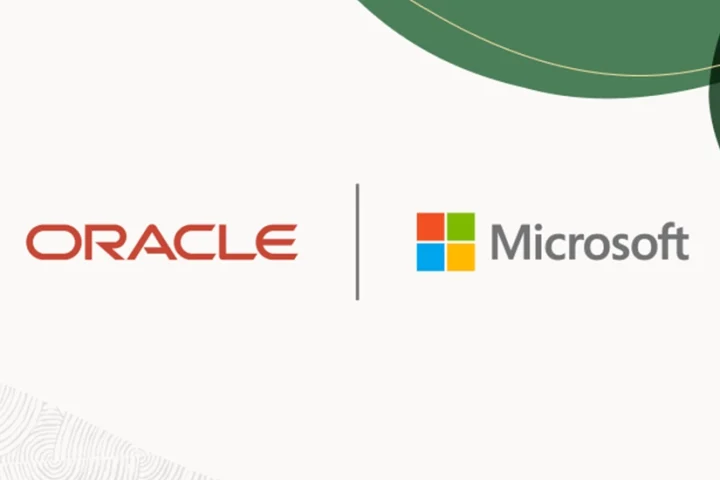Kaspersky Security Network’s latest statistics have revealed the changing cyber threat landscape across the GCC region. UAE had the third highest significant increase of 42.5% in financial malware during the first half of this year as compared to the same period of last year. The latest findings from KSN disclosed that the financial malware seen across the GCC region has increased by 45% in the first half of 2020 as compared to the same period last year. The Kaspersky Security Network is a specialised infrastructure designed to process threat information and transform them into actionable insights. The highest increase in financial malware is in Oman with a staggering 72% increase. Saudi Arabia follows with an increase of 55% in financial malware.
As mobile and internet banking is becoming the new norm in light of the ongoing pandemic cybercriminals are finding it much easier to target unsuspecting users. Users who are not aware of the steps they need to take when conducting their financial transactions online might unknowingly fall victim to fraud. These could be the reasons for an overall increase in financial malware across the GCC region. Financial malware is aimed at stealing financial data and occupies a large part of the cybersecurity threat landscape. Finance is the most appealing motivation for cybercriminals and Kaspersky’s latest findings have shown that this type of malware is showing no signs of slowing down in the aforementioned countries.
The findings have also revealed that the United Arab Emirates has seen a drop of 43% in ransomware attacks. Ransomware attacks were not the only area that the country has seen a decrease the UAE also witnessed a decrease of 35% in phishing attacks. The number of Phishing attacks still tends to be growing steadily to be an imminent threat that is on the rise especially due to an increase in Covid-19 related phishing attacks.
Maher Yamout, Senior Security Researcher at Kaspersky, commented on these findings saying, “There is no doubt that within the GCC region, organisations and individuals are prone to various forms of cyber threats. As the world navigates its way through this new normal and adapting to working from home, this change comes with its own set of cyber threats that everyone needs to adapt. These findings display the importance of being vigilant about the different malware that could pose a potential risk.”

























